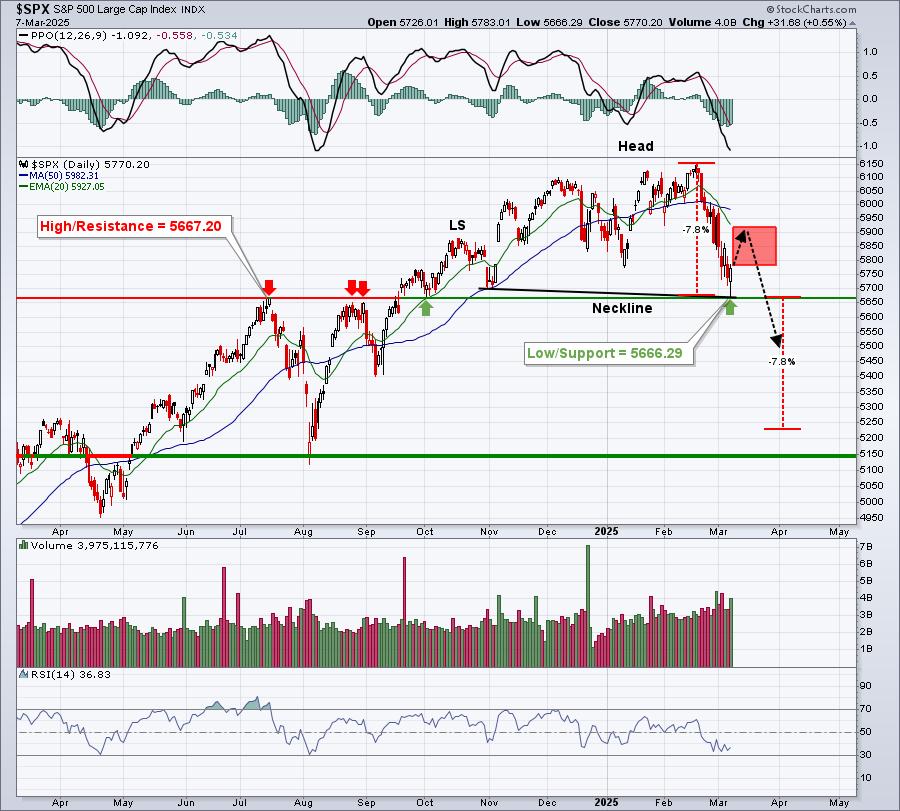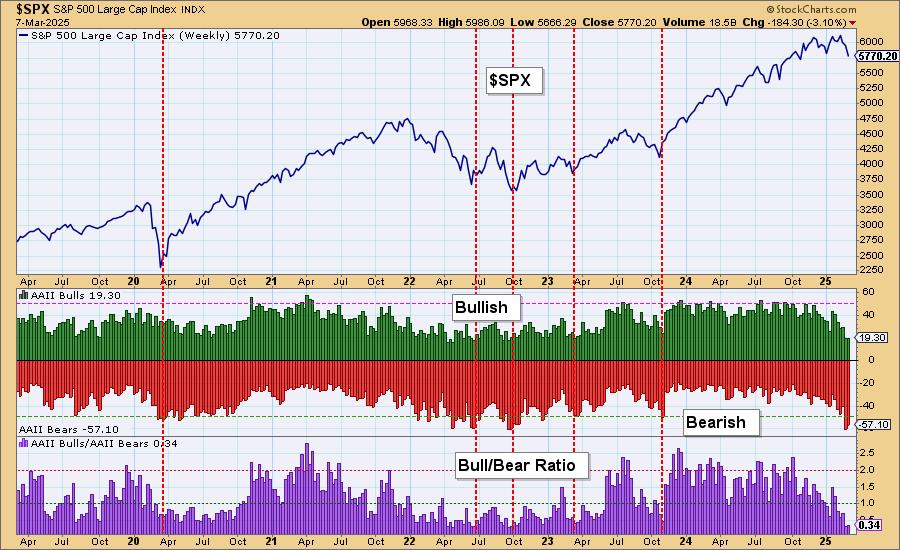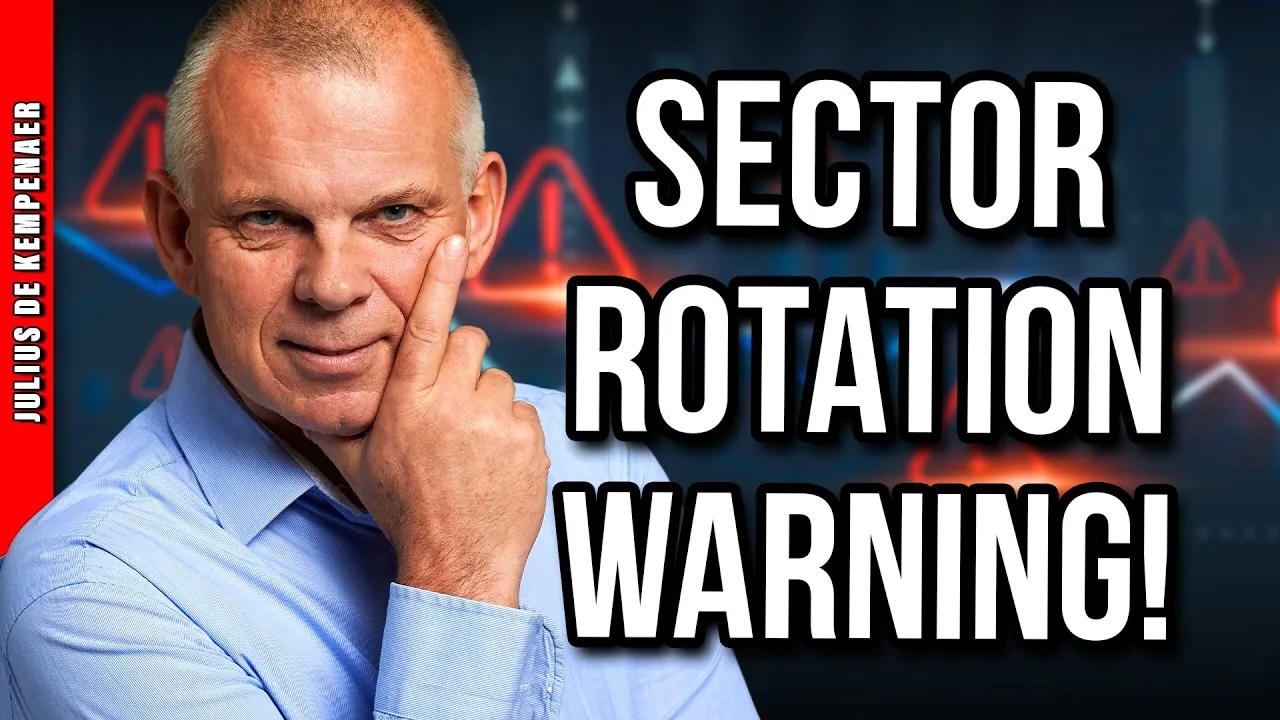 From the dictionary: Why – a noun - a reason or explanation.
From the dictionary: Why – a noun - a reason or explanation.
I’m going to write a few articles on why technical analysis is valuable – I’m calling it the WHY series. I spent 15 years in front of advisors at the large wire houses and insurance companies selling them on technical analysis. These articles will reflect some of the concepts that seemed to work well when “selling” technical analysis. I’m sure you have been asked by non-believers why you use technical analysis; this might give you some answers.
Technical analysis keeps us from falling victim to everyday emotion and delusion. When considering technical analysis, remember that things are quite often not always what they seem. Many facts that we learn are not actually true; and what seems to be obvious, sometimes is not. Many people believe water runs out of a bath tub faster as it gets to the end; it doesn’t. Some people may drink like a fish, but fish don’t drink. George Washington neither cut down a cherry tree, nor threw a silver dollar across the Potomac. Dogs don’t sweat through their tongues, Audi automobiles never mysteriously accelerated, and the Battle of Bunker Hill was not fought at Bunker Hill, rather at Breed’s Hill.
A good detective will tell you that some of the least reliable information comes from eye witnesses. When people observe an event, it seems their background, education, and other influences color their perception of what occurred. A most important thing that detectives try to do at a crime scene, is to prevent the observers from talking to each other, because most would be influenced by what others say they saw. Hat tip to my good friend Ron Salter for this theme.
Another curious human failing becomes a factor when we observe facts. The human mind does not handle large numbers or macro ideas well. That thousands of people die each year from automobile accidents raises scarcely an eyebrow, but one airplane crash killing only a few people, grabs the nation. We are only modestly concerned that tens of thousands of people are infected with AIDS, but we are touched deeply when presented with an innocent child that has been indirectly infected. If a situation is personalized, we can focus on it. We can become deluded by our emotions, and these emotions can affect our perceptions.
When our portfolios are plunging, all of the fears that we can imagine are dragged out: recession, debt, war, budget, bank failures, etc. Something is needed to keep us from falling victim to fear and perceptions; that something is technical analysis.
Almost all methods of technical analysis generate useful information, which if used for nothing more than uncovering and organizing facts about market behavior, will increase the investor’s understanding of the markets. The investor is made painfully aware that technical competence does not ensure competent trading. Speculators who lose money do so not only because of bad analysis, but because of their inability to transform their analysis into sound practice. Bridging the vital gap between analysis and action requires overcoming the threats of fear, greed and hope. It means controlling impatience and the desire to stray away from a sound method to something new during time of temporary adversity. It means having the discipline to believe what you see and to follow the indications from sound methods, even though they contradict what everyone else is saying or what seems to be the correct course of action.
Always ask WHY,
Greg Morris






